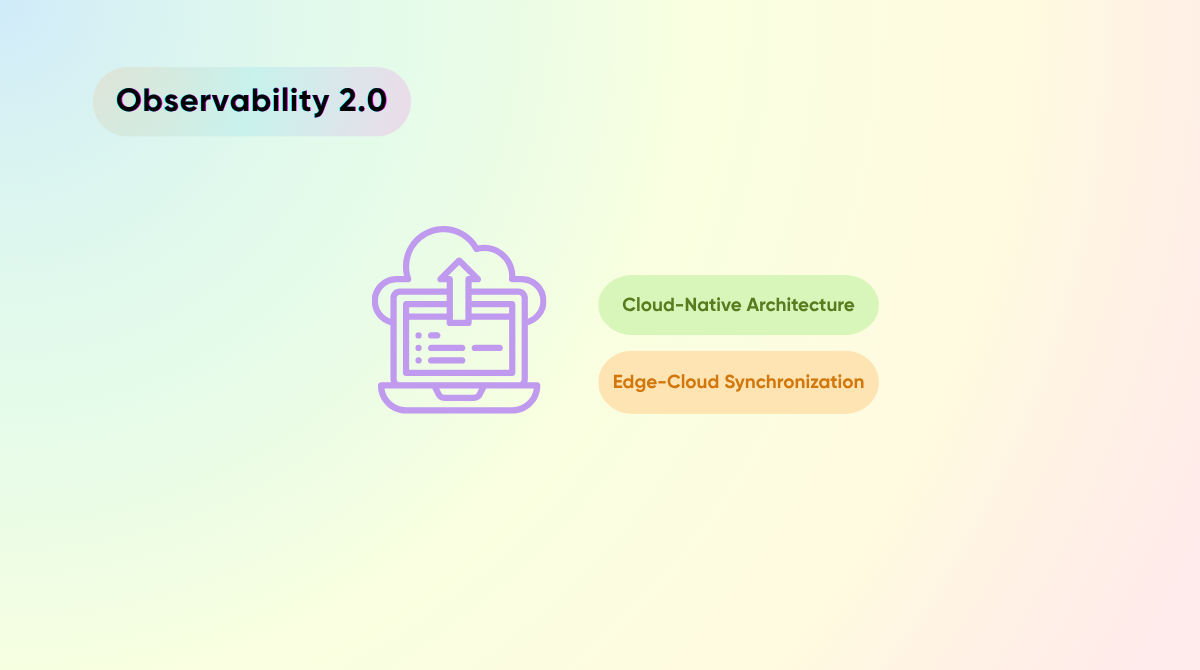
Why Most Benchmarks Miss the Point
Database benchmarks often focus on synthetic workloads that don't reflect real-world usage. You've probably seen charts showing millions of writes per second - but how often does your application actually need that peak throughput?
Real performance depends on factors like:
- Cold start behavior
- Memory efficiency under load
- Storage compression ratios
- Multi-tenant resource isolation
GreptimeDB's JSONBench Success Story
The recent ClickHouse JSONBench evaluation revealed something interesting. While GreptimeDB didn't win every category, it demonstrated consistent performance across diverse workloads - ranking 1st in cold runs and 4th in hot runs.
What Cold Run Performance Means
Cold runs simulate real troubleshooting scenarios. When your system alerts fire at 3 AM, you're not dealing with pre-warmed caches. You need immediate query response on fresh data.
GreptimeDB's storage architecture excels here through:
- Intelligent write cache design
- Multi-tiered data organization
- Optimized Parquet file structure
The Resource Efficiency Factor
Modern applications run in resource-constrained environments. Whether it's Kubernetes pods with CPU limits or edge devices with minimal memory, database efficiency directly impacts your infrastructure costs.
Our edge computing benchmarks show GreptimeDB processing 600K data points per second with under 8% CPU usage on production-grade hardware.
Memory Optimization Techniques
Time-series memtable design reduces memory overhead significantly compared to traditional B-tree structures. This matters especially for:
- High-cardinality data scenarios
- Multi-tenant deployments
- IoT edge computing applications
Choosing the Right Database for Your Workload
Don't just chase benchmark numbers. Consider your specific requirements:
- Write-heavy workloads: Look for LSM-tree architectures
- Cost-sensitive deployments: Prioritize object storage integration
- Edge scenarios: Focus on resource efficiency metrics
GreptimeDB balances these considerations, making it suitable for diverse observability and IoT scenarios.
About Greptime
GreptimeDB is an open-source, cloud-native database purpose-built for real-time observability. Built in Rust and optimized for cloud-native environments, it provides unified storage and processing for metrics, logs, and traces—delivering sub-second insights from edge to cloud —at any scale.
GreptimeDB OSS – The open-sourced database for small to medium-scale observability and IoT use cases, ideal for personal projects or dev/test environments.
GreptimeDB Enterprise – A robust observability database with enhanced security, high availability, and enterprise-grade support.
GreptimeCloud – A fully managed, serverless DBaaS with elastic scaling and zero operational overhead. Built for teams that need speed, flexibility, and ease of use out of the box.
🚀 We’re open to contributors—get started with issues labeled good first issue and connect with our community.
💬 Slack | 🐦 Twitter | 💼 LinkedIn
